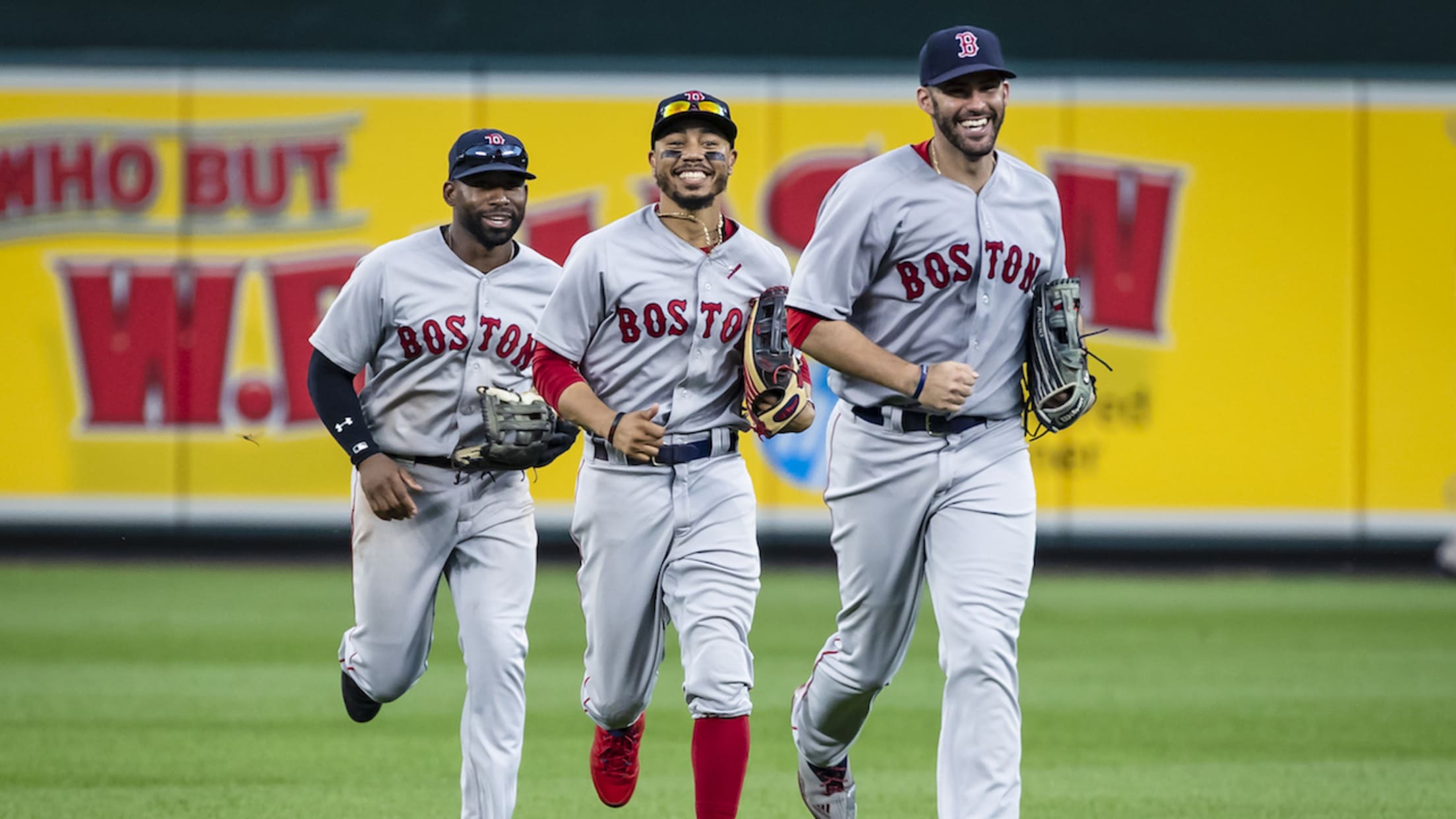Everything you need to know about the MVP in one infographic

Let's answer some of those questions. The award has been around in various forms for a long time, so we have a lot of data to work with:
Who had the best MVP season?
In this case, "best" is in the eye of the beholder.
If you believe that the MVP Award shouldn't go to pitchers, then the best MVP season ever was Babe Ruth's earth-shattering 14.1 WAR campaign in 1923.
If you believe that "modern baseball" didn't really start until after expansion in 1961, then the "best" MVP is probably Carl Yastrzemski, who won in 1967 after a 12.5 WAR, Triple Crown season.
But if you're willing to accept pitchers as worthy winners, then consider Walter Johnson's hilariously dominant 16.4 WAR season in 1913. In perhaps the greatest pitching season of all time, The Big Train tossed 364 innings (somehow only the fifth-most he ever threw in a season), posted a microscopic 1.14 ERA, walked only 38 batters and compiled a WAR more than double the mark Yelich posted this season.
Will anyone win more MVP Awards than Barry Bonds?
There's a tendency in MVP voting to penalize players who have already won the award. Voters are more likely to reward a player who has never won an MVP over a player with a better season who already has a trophy in his cabinet. This is a big reason why Ted Williams and Mickey Mantle, two of the best hitters in baseball history, only won two and three MVPs respectively. This is also why Barry Bonds' unfathomable seven MVPs are an MLB record that may never be broken. (Sorry about it,
Where's The Babe?
Yes, it's certainly odd that Babe Ruth, the most incredible, memorable force in baseball history, only won one MVP. It's because the MVP Award as we know it didn't exist until 1931, when the Baseball Writers' Association of America adopted the points-based format we're familiar with now.
Before that, American League players who had already won an MVP weren't eligible to win an MVP for the rest of their careers. Even though Ruth slugged .739 in 1924, put up a 1.253 OPS in 1926, and crushed 60 homers in 1927, he retired with just a single MVP trophy on his mantle. Imagine being so good at baseball that you're no longer allowed to win the award for "Best Baseball Player."
Why are so many winners from California?
It's not much of a surprise that the most populous state in America has incubated the most MVPs. It doesn't hurt that California's beautiful weather makes it perfect for year-round baseball activities, but it's still notable that California has been the home state for a whopping 45 of the 195 MVPs. That's 23 percent! There's also a pretty good chance that number grows sooner rather than later, as NL MVP favorite Christian Yelich was born and raised just outside of Los Angeles.
Which state needs to step it up a bit?
Tennessee is currently the 16th-most populous state in the US and has produced the 14th-most Major Leaguers of any state. But the Volunteer State had never had an MVP.
Then came Mookie. Betts, with 32 home runs, 30 stolen bases and a .346/.438./640 slash line, is a Nashville native.
Where are all the catchers and shortstops?
Elite shortstops and catchers are particularly impressive for their unique ability to balance intense defensive responsibilities with game-changing offensive production. But history shows that those positions have been generally undervalued when it comes to MVP Awards. In fact, first basemen have won as many MVPs (34) as catchers (18) and shortstops (16) combined.
A shortstop hasn't won an MVP since Jimmy Rollins did in 2007. Just two catchers (Buster Posey in 2012 and
Tell me some fun MVP facts!
OK, OK! Here you go:
Frank Robinson is the only person to win the MVP in both the AL and the NL.
The only year the MVP was shared was 1979, when Willie Stargell and Keith Hernandez tied in NL voting.
Both the Yankees and the Cardinals have had an MVP at every single position.
No one has ever won two unanimous MVPs, but 21 players have done it once.
Only two players won Rookie of the Year and MVP in the same year: Fred Lynn and





